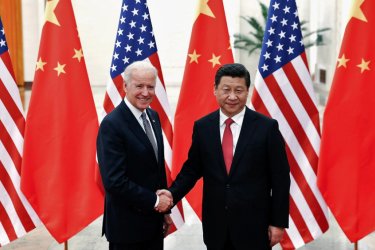Bukharin

Imperialism: ‘Antagonistic cooperation’ or antagonistic contradictions? A reply to Promise Li
Nikolai Bukharin: ‘The favourite of the whole party’

By Doug Enaa Greene
The Comintern in 1922: the periphery pushes back

Communist Party of Germany (KPD) member Paul Levi played a leading role in several debates.
By John Riddell
December 4, 2011 -- Links International Journal of Socialist Renewal, for more articles by John Riddell, go to http://johnriddell.wordpress.com -- Until recently, I shared a widely held opinion that the Bolshevik Party of Russia towered above other members of the early Communist International as a source of fruitful political initiatives. However, my work in preparing the English edition of the Comintern’s Fourth Congress, held at the end of 1922, led me to modify this view.(1) On a number of weighty strategic issues before the congress, front-line parties, especially the Communist Party of Germany (KPD), played a decisive role in revising executive committee proposals and shaping the Congress’s outcome.]
When I translated the first page of this congress, I was not far distant from the view of Tony Cliff, who, referring to the 1921–22 period, referred to the “extreme comparative backwardness of communist leaders outside Russia”. They had an “uncritical attitude towards the Russian party”, which stood as “a giant among dwarfs”, Cliff stated.(2)
